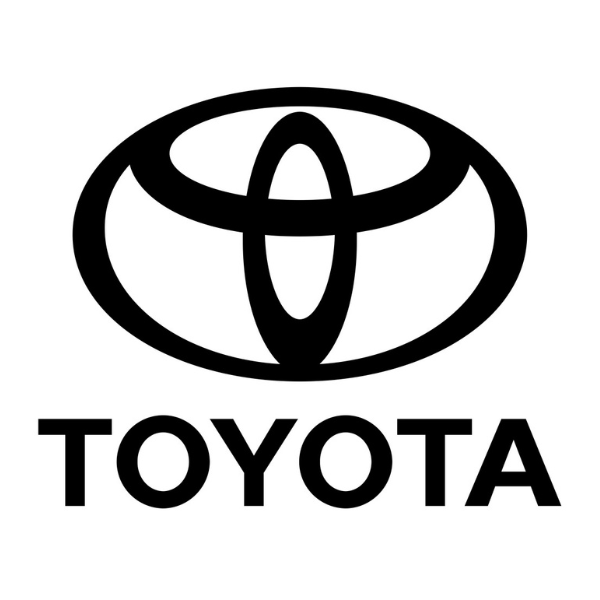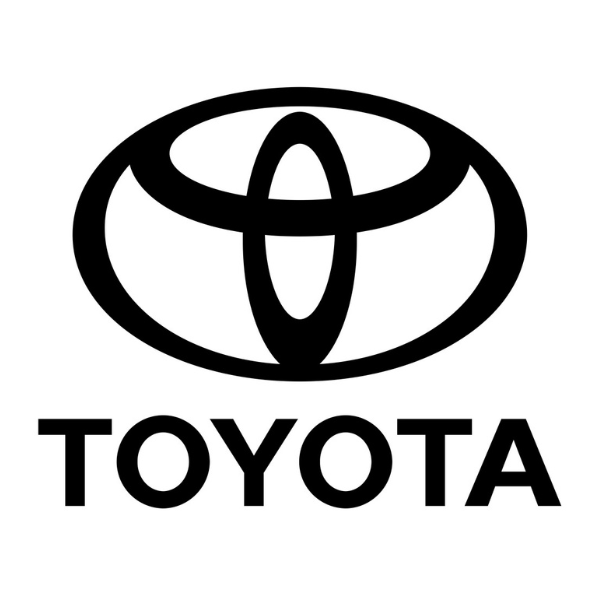

When it comes time to buy a car — something that somehow feels like both a luxury and a necessity — the age-old question usually comes up: used or new?
In today's economy, not many of us have the means for a brand-new car. New cars lose value fast, and with the cost of living doing its thing (read: skyrocketing), I made the decision to go secondhand.
While it felt like an obvious no-brainer, there were still things I needed to consider ahead of making the big purchase. After all, it's an investment. And chances are, it's something you'll use almost every day.





























































































